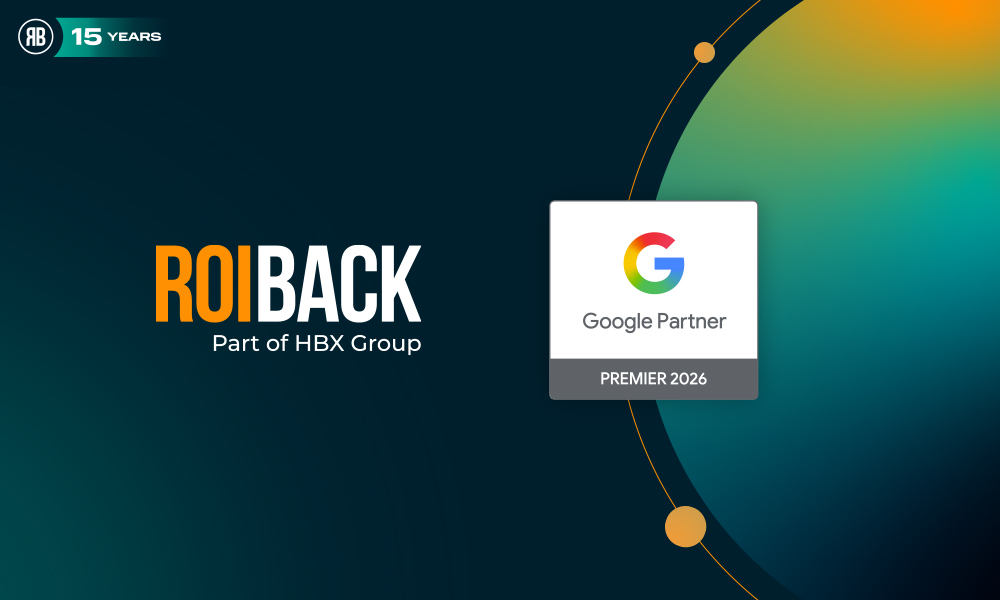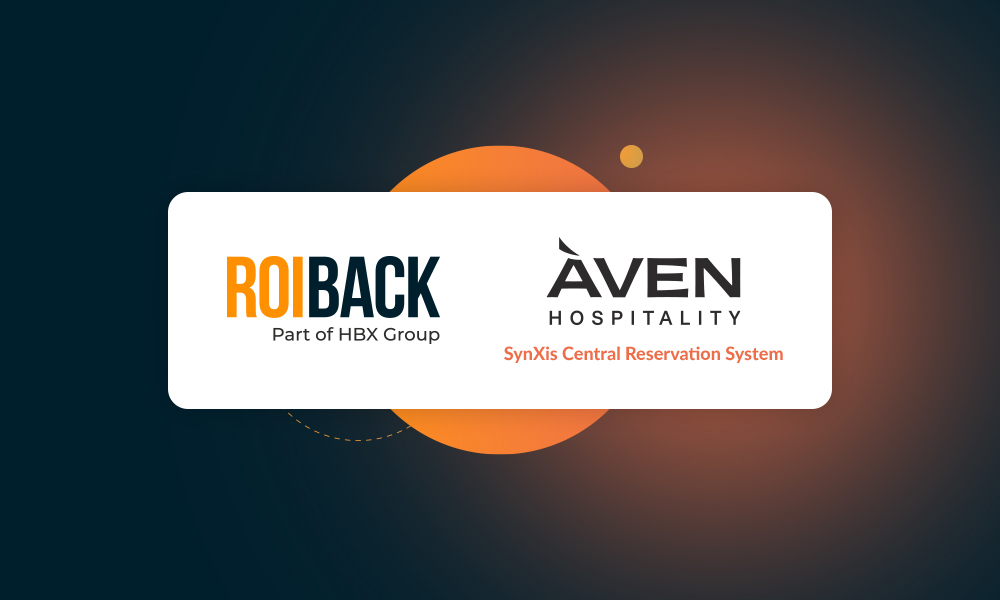Cybersecurity in the Hotel Industry: Top Threats and How to Safeguard Your Business
News
October 16, 2025

In today's digital world, cybersecurity is a constant concern for hoteliers. With the increasing frequency and sophistication of cyberattacks, the hotel sector—which manages large volumes of personal and financial data—becomes a priority target. According to Cybersecurity Ventures and Statista, damages caused by cybercrime are estimated to reach $13.8 trillion annually in 2028, a considerable jump from the $10.5 trillion that was projected for 2025. In the hospitality sector, the impact will be especially visible: vulnerabilities in connected technologies and Internet of Things (IoT) devices could cost more than $3 trillion globally in 2026.
Why are hotels prime targets for cybercrime?
The hospitality industry is particularly vulnerable to cyberattacks for several reasons:
- Large amount of personal data: Hotels collect and store sensitive information, including credit card details, passport numbers and personal preferences, making them lucrative targets for cybercriminals.
- Multiple points of entry: From reservations systems and electronic point-of-sale (EPOS) terminals to guest Wi-Fi networks, hotels have numerous points of vulnerability.
- Third-party suppliers: Hotels often rely on third-party service providers, whose security practices may not be as stringent, creating additional risks.
- Staff changes: High staff changes rates can lead to gaps in cybersecurity training and awareness.
- Interconnected systems: The integration of multiple systems, such as property management systems (PMS) and guest loyalty programmes, increases complexity and potential points of attack.
Mitigating cyber threats in the hospitality industry
Since human error is a major contributor to cybersecurity incidents, comprehensive employee training and a robust cybersecurity strategy are essential. Scott Patterson, CEO of The Knox Corps and an expert on cybersecurity best practices, warns:
'There are organisations that, if attacked today, would not survive tomorrow. A breach could lead to bankruptcy, and customers’ financial and confidential information could be at risk.'
Key elements of a strong cybersecurity strategy
- Contingency planning: Develops detailed response plans for different types of breaches.
- Immediate action protocols: Establishes clear steps for immediate response when a breach is detected.
- Post-breach procedures: Defines actions for investigation, recovery and prevention of future incidents.
- Risk awareness: Stay informed about current and emerging cyber threats.
Using established tools and third-party expertise can improve a hotel's ability to defend against cyber threats. Regular training sessions ensure that staff are up to date with the latest security practices.
Christo Butcher, global head of threat intelligence at Fox-IT, summarizes it this way:
"Hoteliers can protect themselves by understanding how cybercriminals act and reinforcing the weaknesses they exploit." Read the full article.
Common cybersecurity in the hospitality industry
Social engineering
Social engineering exploits human psychology rather than technical vulnerabilities. This tactic is effective because it targets people's trust and mistakes. In 2023, social engineering was a major factor in cyberattacks, with phishing being the most prevalent method.
- Spear phishing: Targets specific individuals or organisations with malicious emails to steal data or infect devices.
- Whaling: Targeting senior executives to gain access to sensitive information or funds.
- Vishing: Uses fraudulent phone calls to extract private data.
- SMiShing: Employs fake text messages to steal information.
To combat these threats, hotels should train employees to recognise phishing attempts and implement strong authentication measures.
Business Email Compromise (BEC)
BEC attacks involve impersonating trusted email addresses to trick employees or clients into sharing sensitive data or making financial transactions. This method is particularly effective in the hotel industry due to extensive internal communications.
Protection strategies:
- Staff training. Educate staff on identifying phishing emails.
- Strong Passwords and Two-Factor Authentication: Ensure robust security for email accounts.
- Up-to-date Software: Keep all systems and cybersecurity measures up to date.
- Email Security Measures: Use spam filters and other protective technologies.
Third Party Security Threats
With the rise of remote work and outsourcing, third-party breaches have increased. These breaches often occur due to less-secure networks used by contractors. Ensuring third-party vendors adhere to stringent security protocols is crucial.
Cloud Vulnerabilities
As more hotels adopt cloud-based systems, cloud security becomes paramount. Implementing a zero-trust cloud architecture can significantly enhance protection. This approach assumes potential compromise and requires continuous verification for access.
Common Cloud-Based Threats
- Data breaches, where sensitive, private, or confidential information is accessed, stolen, or exposed to unauthorised individuals, due to security incidents.
- Misconfigurations, where setup of system parameters in hardware, software, or networks is incorrect.
- Inadequate security strategies.
- Insufficient Access Management, where users or processes are granted more permissions than they need, or when access controls are not properly implemented.
- Account Takeover, where a cybercriminal gains unauthorised access to a user's online account by stealing their credentials, through phishing, data breaches, or credential stuffing for example.
Regular monitoring, strict access controls, and data encryption are essential practices for cloud security.
Supply chain attacks
Supply chain attacks target the interconnected systems within the hotel industry, exploiting vulnerabilities in API integrations. Protecting these systems involves:
- Endpoint Monitoring: Detect and stop suspicious activity.
- System Updates: Keep all software and systems up to date.
- Integrity Controls: Ensure users only access trusted tools.
- Two-Factor Authentication: Strengthen access controls.
Ransomware
Ransomware attacks, which involve locking systems until a ransom is paid, have become more costly. These attacks often begin with phishing or exploiting weak credentials. Employing endpoint detection and setting cybersecurity parameters can prevent such attacks.
Internet of Things (IoT)
As IoT devices become more prevalent, their security becomes crucial. Common vulnerabilities include default passwords and unsecured networks. Protecting IoT devices involves:
- Secure Passwords: Ensure all devices use strong, unique passwords.
- Regular Updates: Keep device software current.
- Data Encryption: Protect data transmitted by IoT devices.
- Antivirus Protection: Use robust security software.
- Avoid Unsecured Networks: Limit the use of public Wi-Fi for sensitive activities.
Consequences of cybersecurity breaches
The repercussions of cybersecurity breaches can be devastating, including financial losses, legal penalties, and reputational damage. For hotels, the loss of customer trust can be particularly damaging, as guests are unlikely to choose a hotel that cannot protect their data.
‘Cybersecurity is a communal obligation’ – HBX Group's Chief Tech, Data and M&A Officer, Paula Felstead, shares her thoughts on our Group blog. Paula Felstead's blog.
Final thoughts
To defend against these prevalent cyber threats, hotel businesses must implement comprehensive cybersecurity measures and continually educate their staff. By staying informed about the latest threats and leveraging expert advice, hotels can better protect their operations and customer data, ensuring long-term success in the digital age.
Ensuring your hotel's cybersecurity is not just about protecting data; it's about maintaining trust and delivering a secure, seamless experience for your guests. As cyber threats continue to evolve, staying vigilant and proactive is key to safeguarding your business.
Roiback: your trusted partner in cybersecurity
At Roiback, we focus on helping our partners strengthen their own cybersecurity posture. We aim to empower hotels with practical guidance to protect themselves against evolving cyber threats.
Recommended practices
- Change passwords regularly and use strong, unique combinations for each account.
- Enable Two-Step Verification to add an extra layer of protection. This helps ensure that even if a password is compromised, unauthorised access is still prevented.
- Be vigilant against phishing attempts. Do not click on suspicious links or provide sensitive information via email or text messages.
- Protect yourself from identity theft by monitoring account activity and securing personal information.
- Stay informed about deepfake threats. These AI-generated impersonations can be used for fraud. Learn more from the U.S. Department of Homeland Security.
- Watch out for emerging cyberattack techniques that aim to steal passwords and install persistent malware. Always keep your systems updated and use antivirus software.
Read more

News
Roiback is once again a Google Premier Partner in 2026: what this means for your hotel and why it matters more than ever
By
Roiback

News
Waste in hospitality: from operational control to circular strategy
By
Roiback

News
Roiback obtains SynXis CRS integration certification to strengthen direct channel in large hotel organizations
By
Roiback




